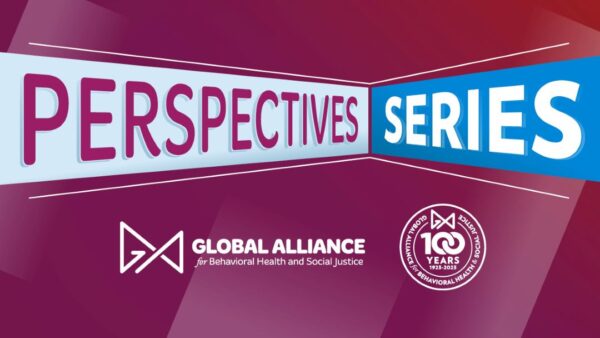Embracing Change: Capacity Building for World Suicide Prevention Day

World Suicide Prevention Day serves as a crucial reminder of our collective responsibility to address and reduce premature mortality due to suicide. The World Health Organization’s (WHO) theme for World Suicide Prevention Day 2024-2026, “Change the Narrative, “highlights the need to dismantle stigma, increase awareness, and foster a supportive culture to prevent suicide.
As a Research Associate at the Global Psychiatry Epidemiology Group (GPEG), I have witnessed the evolution of a multi-cohort longitudinal study investigating suicide behaviors in Guyana among a nationally representative sample. Guyana is a country located in South America. Despite its rich diversity and natural beauty, Guyana, with a population of approximately 800,000, has one of the highest suicide rates globally. For over two decades, Guyana has consistently ranked among the highest in global suicide rates. One key objective of the longitudinal prospective study in Guyana is to better understand suicide risk factors in the country through a life-course perspective.

According to the WHO, the top ten countries with the highest crude suicide rates (per 100,000 population) are Lesotho (72.4), Guyana (40.3), Eswatini (29.4), South Korea (28.6), Kiribati (28.3), Micronesia (28.3), Lithuania (26.1), Suriname (25.4), Russia (25.1), and South Africa (23.5). Suicide profoundly affects families and communities. The diversity of these countries amplifies the global significance of addressing suicide.
Multi-Sector Collaboration
The onset of the pandemic in 2021 led to the postponement of the national Guyana Well-Being Study (GWB). In response, we organized the Guyana Mental Health & Well-Being Conference in collaboration with Guyana’s Ministry of Health, the University of Guyana, the Pan American Health Organization, and various other partners. The primary goal was to share research information and develop a platform to break the stigma and encourage people to talk about suicide and mental health challenges. A significant outcome of the inaugural conference was building a platform for Guyanese researchers, clinicians, social workers, religious leaders, students, and community members to present their work and perspectives on a variety of topics related to mental health and suicide.
Our hybrid model created a safe space for translating research into actionable knowledge. Youth involvement was invaluable. Students actively shared their experiences and engaged with government officials and the broader community. Many initial participants became presenters in subsequent years. Many of these presentations are available in our video library here.
Bridging the Cultural Gap
Remarkably, little is known about protective factors that might reduce the risk of suicide, such as ideation, planning, or attempt for Black, Indigenous people of color (BIPOC). Identifying risk indicators for diverse populations is imperative. Incorporating youth and community perspectives fosters community dialogue about suicide, which is crucial for risk and harm reduction. While clinicians are essential for mental health assessments and preventive interventions, bridging the gap between healthcare and the community is vital. This involves sharing local resources, recognizing warning signs, and implementing cost-effective measures, especially in lower-middle-income countries facing socioeconomic constraints. Long-standing challenges need comprehensive, innovative strategies that are contextually relevant.
Moving Forward
As we observe World Suicide Prevention Day, creating a culture of community is crucial for saving lives. Providing spaces for sharing ideas and experiences empowers individuals and strengthens communities. There are remarkable organizations and professionals in Guyana doing vital work, and their contributions should continue to be highlighted. As Guyanese leadership takes over the future of the Guyana Mental Health & Well-Being Conference, the Global Psychiatry Epidemiology Group, led by Dr. Christina Hoven, launched a collaborative training and mentorship program, Guyana Research in Injury and Trauma Training Program (GRITT).
The measure of our leadership is reflected in our response to the needs of our most vulnerable populations and our commitment to advancing a broader, more inclusive global health landscape. The urgency of the global suicide crisis inspires a shift towards social progress. Reflecting on my discussions with religious leaders, I am grateful to have had the opportunity to collaborate on panels with Christian, Hindu, and Muslim leaders to learn about their perspectives and perceived obligations for suicide prevention. The impact of suicide on families within spiritual and religious communities emphasizes the need for cooperation between clergy, clinicians, social workers, researchers, and activists to enhance community ties.
With Guyana’s growing economic capacity, there is significant potential for impactful collaborations with local leaders and organizations, ensuring that suicide prevention and mental health remain a priority and fundamental human right.
Suicide Prevention Resources
- Suicide and Crisis Lifeline: If you need emotional support, reach out to the national mental health hotline: 988.
- International Resources: Disclaimer: Please be aware that some figures may have been updated; consult your local health departments for the most current information.
